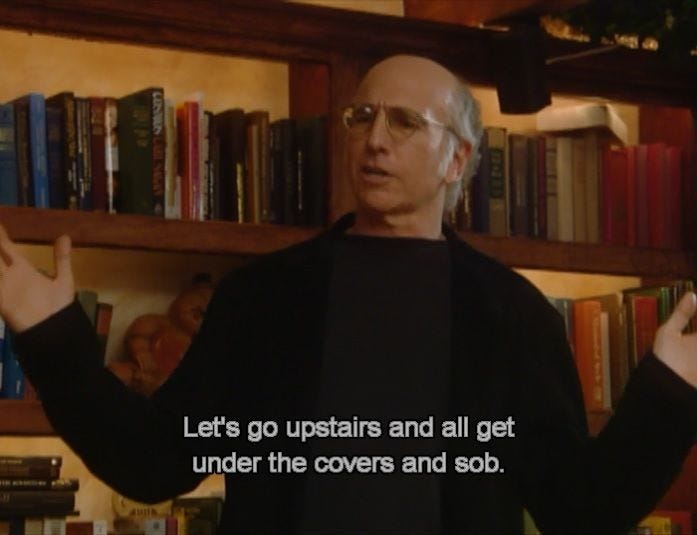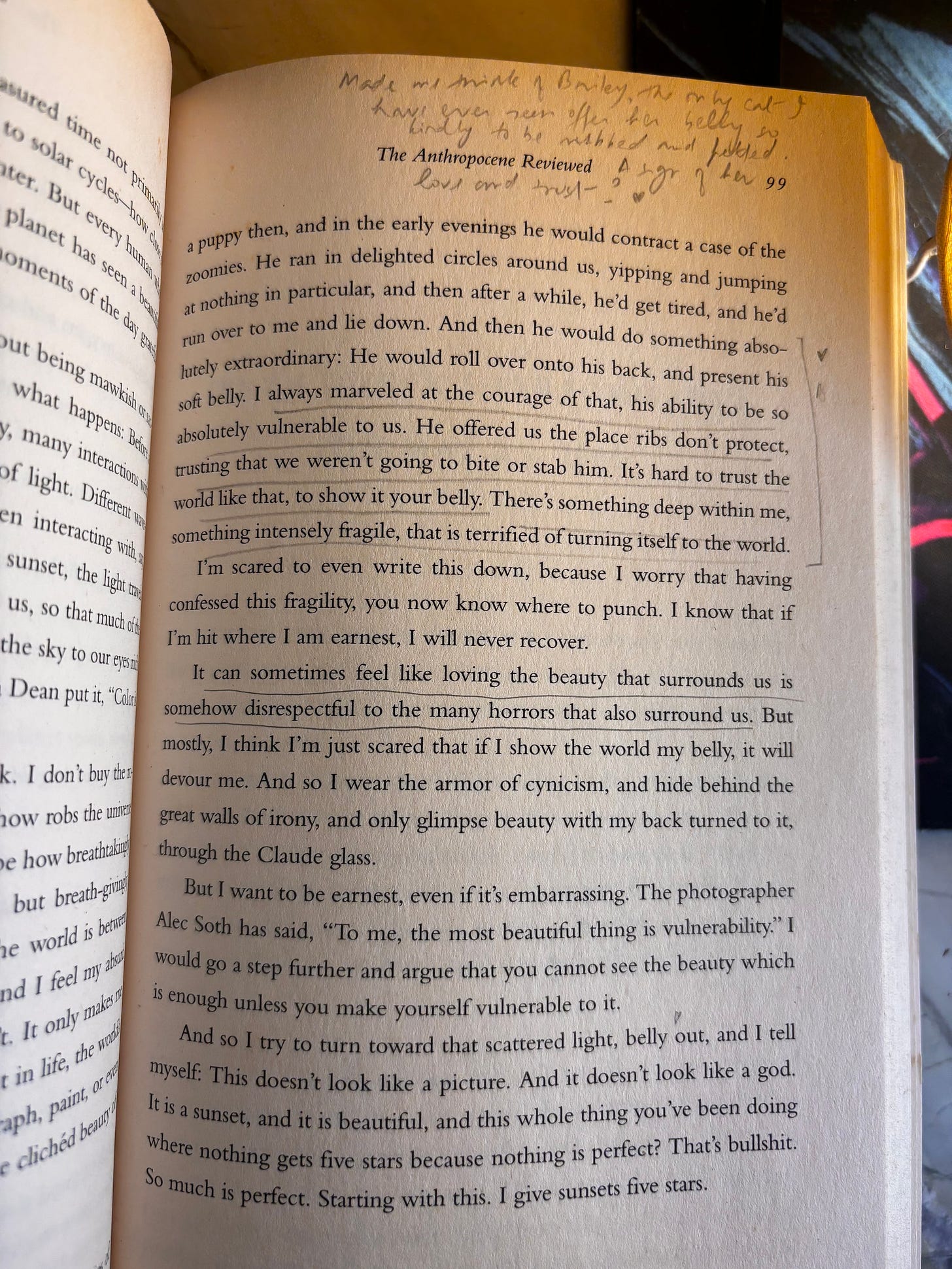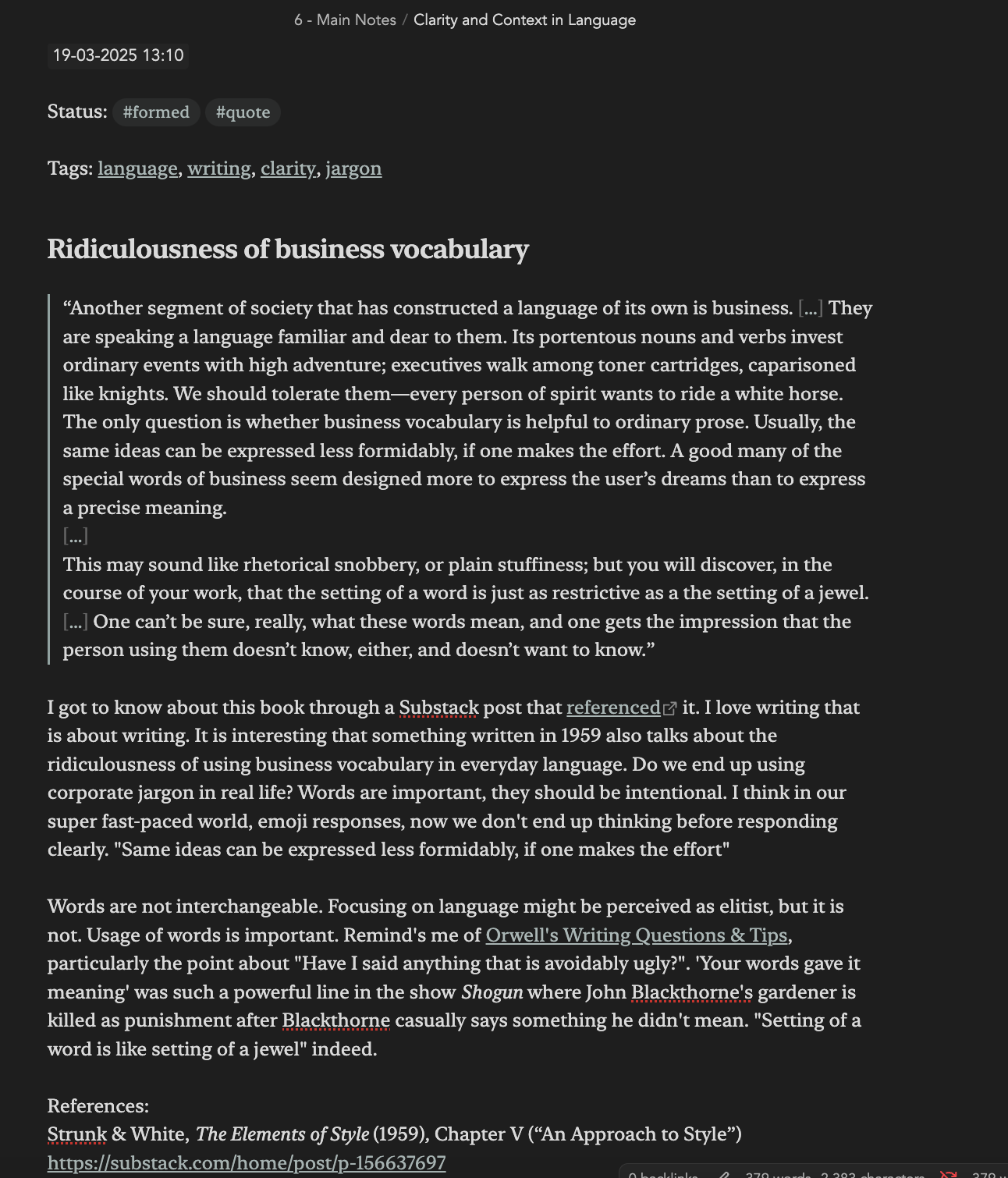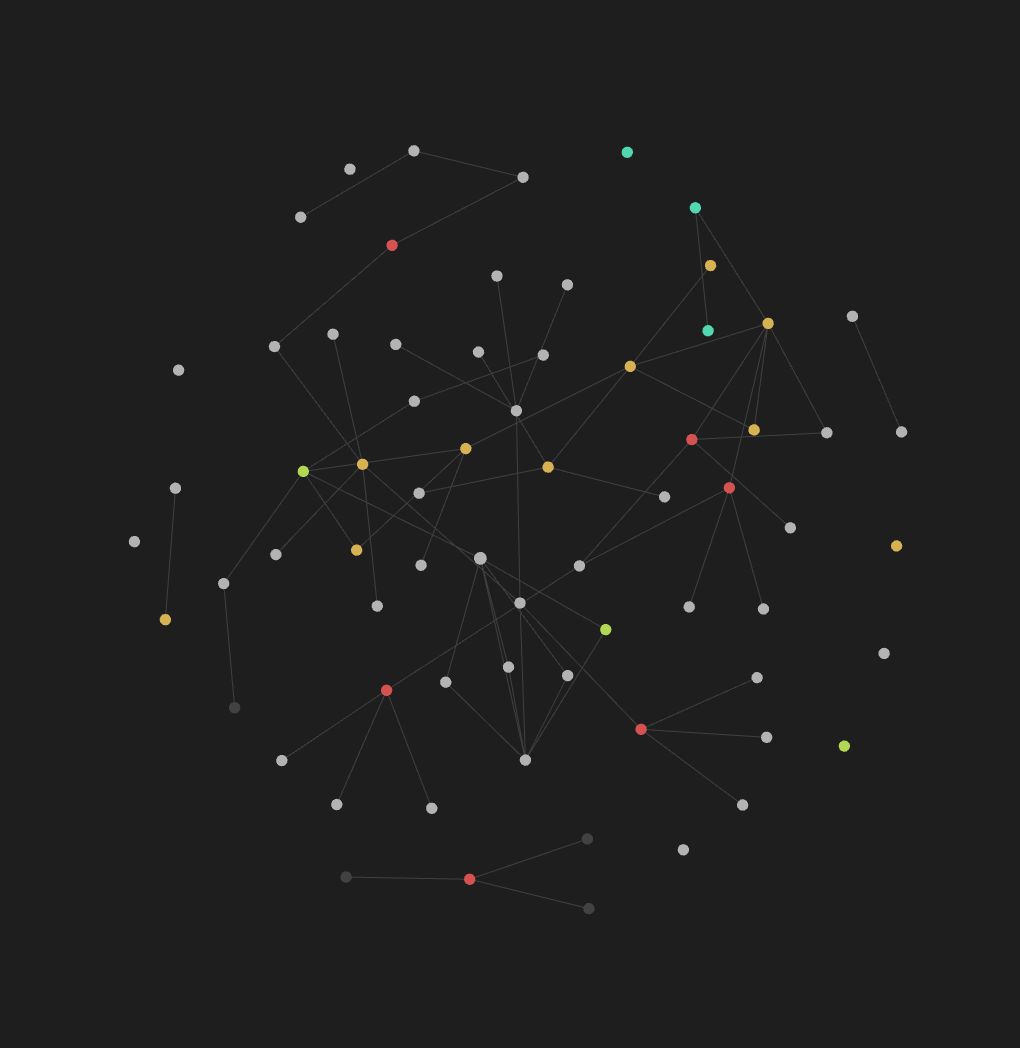How I'm fixing my short attention span
...by taking notes and becoming a better consumer.

I have joked about my short attention span casually with friends, but I recently realised that this is more serious a problem than I first thought. I wasn’t just distracted, I was fatigued with overconsumption, struggling to retain even the most basic information.

I know many of us have recognised this issue, tried to fix it, but relapsed into our old habits. I’ve had a few failed attempts myself: I’ve tried using app blockers, setting downtime on my phone, putting my phone away, uninstalling apps, but nothing stuck. Until now. I think what is finally making a difference is that I’m focusing on being a better consumer, not just consuming less.
We all have our weaknesses: some go down long Reddit rabbit holes, some binge on YouTube videos…for me, it’s Instagram. It’s an issue because it’s never just five or ten minutes. One scroll turns into ten, into twenty, and before I realise, I have spent an hour on the app. I needed to change how I consumed content.
As cliché as it sounds, we really are lucky to have limitless knowledge at our fingertips. As an aspiring autodidact, I am keen to learn widely beyond my professional domain. I’ve always felt grateful to have been able to follow one of my interests professionally, but what about all my other interests? I want to cultivate a fulfilling life of continuous learning.
I needed to find better tools and methods that work with (rather than against) my habits. If I don’t feel like reading a book, instead of mindless scrolling on Instagram, I turn to long-form content like Substack essays, full-length YouTube videos (not Shorts), and text-based platforms like Goodreads, Reddit, or Bluesky. While Reddit can be a problem for some, it doesn’t hook me the same way short-form videos do. I also rediscovered Wikipedia’s homepage, where I explore featured articles, fun facts, and historical events of the day. It’s surprisingly engaging. I go to my email to read one of the hundred newsletters I’ve subscribed to but never actually “get the time to read”.
So these deliberate shifts help me consume better rather than just consuming less. But here’s the catch: if I am going to switch from cheap dopamine hits to something more substantial, I need to actually retain what I consume. Otherwise, what’s the point? It hit me hard when I realised that I couldn’t retain even the things I enjoyed consuming, forgetting the plots of books and shows I had loved, the takeaways from articles that made me light up when I read them. The information just wasn’t sticking.
The solution to this problem was surprisingly enjoyable
This challenge became the fun part when I realised that I could take notes on the media that I consume! I’ve always enjoyed note-taking (it is one of the things I love nerding out about). I used to miss the feeling of annotating in my textbooks, studying for my exams, and passing my notes around. I don’t know why I thought I couldn’t do it any more (maybe because I thought it would be limited to books only) but this epiphany that I could do this with any media led me to one of the best digital rabbit holes of all time: discovering the YouTuber Odysseas. He talks about reading, writing, learning, and, most importantly for me, how to retain what you read by building a personal knowledge network using the Zettelkasten system. This method has completely changed how I engage with information and media.
Niklas Luhmann was a social scientist who published 50 books and over 600 articles. He credited his productivity to Zettelkasten, his very specific system of organising and referencing notes. He understood that the notes he took, primarily in political science, public administration, and philosophy, were not for a limited publication project, but for a far more extensive endeavour. He built a legendary archive of around 90,000 handwritten index cards, meticulously stored in drawer cabinets. Each note was connected to others through a numbering system, forming an intricate web of ideas. Luhmann called this system his “secondary memory”. But unlike Luhmann, we don’t have to rely on handwritten index cards stored in physical drawers. We have access to powerful digital tools that make this process easier.
Digitally organising these notes (I use the app Obsidian, there are various tools available. Odysseas has a bunch of videos on the set-up on Obsidian if you’re interested) allows me to link them to related ideas, creating a dynamic web of knowledge. For example, a note on a philosophical concept from a video, can be linked to a character analysis from a novel, revealing unexpected parallels. A note or a mini-essay doesn't have to be useful immediately. In fact, even Luhmann’s main concern when taking notes “was not to develop an idea to maximum sophistication; rather, he operated on the assumption that a decision on the usefulness of a note could only be made in relating it to the other notes – and therefore would (in many cases) be a matter to be decided in the future.”
So now when I’m consuming a piece of content, whether it was an article, podcast, TV show, even a meme, something on Reddit, Threads etc., that would actually provide me with some value, I slow down. I take notes. I actively engage with the book I’m reading, if it is a physical copy, I annotate in it. If it is digital, I write in a notebook or reference the page and put down my thoughts digitally. The point is to consume actively.

If it is an interesting idea from the book or show or article that appeals to me, I write a mini essay in my words to see if I have a grasp on the concept. You will be surprised at how often we can’t explain something we’ve just read or watched in our own words (it helps to talk and have discussions as well). For the mini-essay or detailed notes, I prefer to use my Obsidian app (example below) because I want to be able to use them in the future.

The system may appear time consuming to some, I find it invaluable.2 It has not only helped me retain information better, but it also transformed my passive consumption into active learning.

My notes now show me the interconnected web of my thinking patterns. Just one month into the process, I already can see my current interests: writing, philosophy, dystopian fiction.
And for the first time in a while, I feel like I’m actually learning, not just consuming.
Credit: Johannes F.K. Schmidt, Niklas Luhmann’s Card Index: Thinking Tool, Communication Partner, Publication Machine